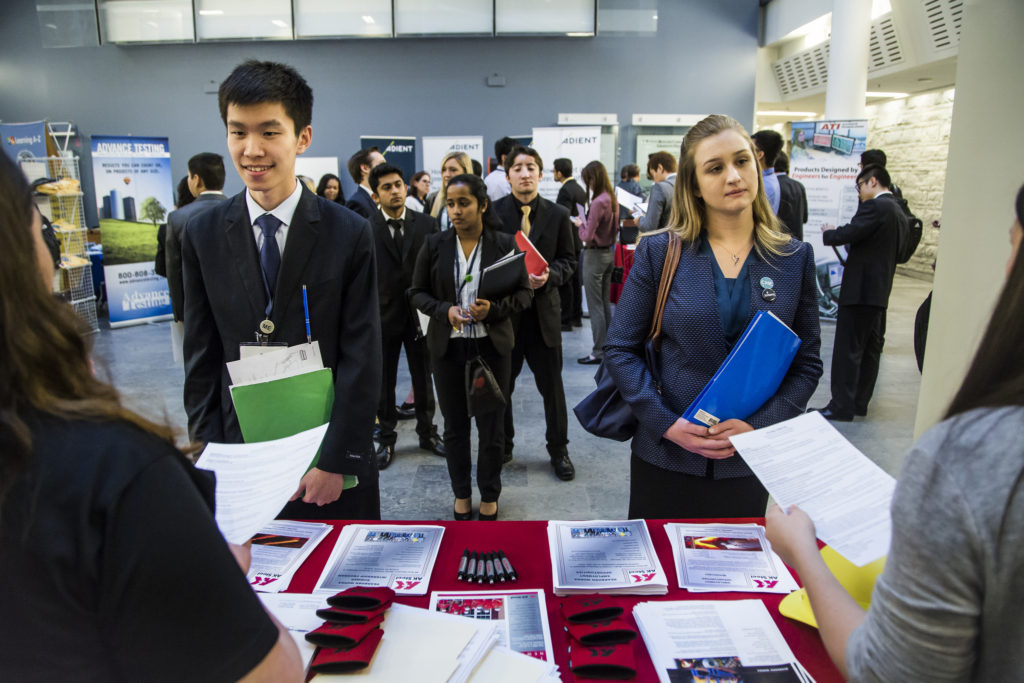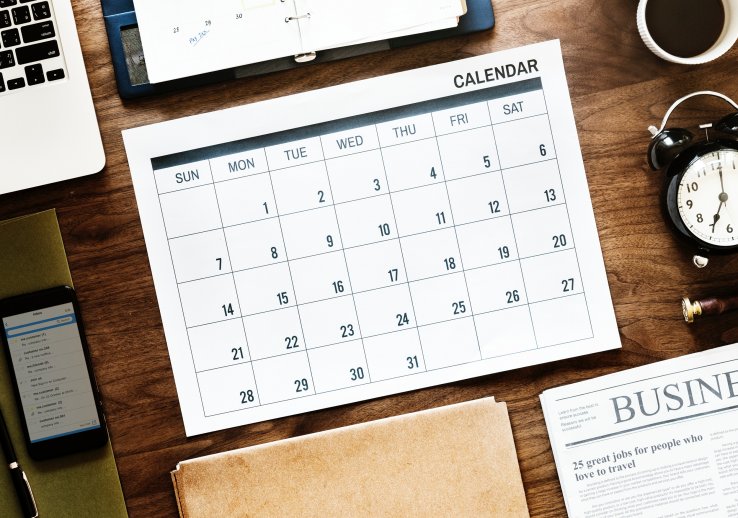
We’ve all felt like work has gotten the better of us from time to time, but if you’ve been feeling overwhelmed for more than a few days then you may be suffering from burn out. Here are a few tell-tale signs to look out for:
You’re not putting effort in anymore
A lack of interest in your work brought on by feeling burnt out can lead to not putting much effort into your daily tasks. Many times, this is a symptom most noticed in those who typically exceed expectations at work and go above and beyond to improve on themselves day after day. You may find that you went from striving to be better every day to just coasting through your shift and doing the bare minimum. This is a clear sign that you may be overwhelmed by the stress brought on by your position.
You don’t feel well a lot of the time
Burn out rears it’s ugly head in many ways, and some of them are physical and can be worrying to say the least. Some of the symptoms of burn out include: Insomnia, headache, chest pain, stomach pain, heart palpitations, shortness of breath, and dizziness. Any one of these symptoms could be concerning on their own, and you should always be examined by a doctor if you experience any symptoms that worry you. Just don’t be surprised if they tell you it’s work or stress related.
You’re not excited about work anymore
We know getting excited to go to work is hard when most people would rather be anywhere else. But think about it, you took that job for a reason in the first place. Out of the jobs you applied for, you chose this one and everyone has different motivations when it comes to job selection. Maybe it was the pay-rate, maybe it was the type of work you’d be doing. Whatever the case, there was something about it you enjoyed, that excited you and helped you get up and go in every day. If you find yourself struggling to remember what that was, then you are probably burned out.
You feel exhausted all the time
One of the most common symptoms of burn out is exhaustion. In fact, exhaustion is so attached to burn out that you may have heard people say “Man, I’m burnt out today” to say that they’re tired. Now, if you’re feeling a little groggy after a late night out, then it’s safe to say you’re not experiencing burn out. However, if you come in to work feeling tired every day, even after getting plenty of sleep, then you may be suffering from something a bit more serious.
Your performance is suffering
All of the things we’ve talked about so far would directly effect your performance at work. Calling off due to stress related illness, feeling disinterested or exhausted, and not putting much effort in your work all negatively impact not only yourself but your company as a whole. If you’re constantly missing the mark or making mistakes more and more, you could be building resent from your coworkers who may be thinking that you’re not pulling your weight anymore. Any time you think you may be suffering performance issues due to burn out, take time to recognize what may be causing it and take steps to improve your situation.
What can I do?
You may have heard that taking time off work helps if you’re feeling overwhelmed and to an extent that is an option. However, it’s only a short term fix for a long term problem. After coming back from vacation, you may find that you’re back to feeling burned out within a matter of days. The only way to get better is to actively work at changing your situation. You can do this in two ways: changing your attitude towards work or changing your workload.
In order to change your attitude, you first need to identify the negative habits and behaviors that you exhibit and stop them when you notice they start. One of the leading causes of burn out is a desire to do everything perfectly which can result in you focusing so heavily on one project that you begin to develop obsessive compulsions to only stop working once it’s flawlessly finished. This can bring undue stress and cause you to ignore other tasks. When you begin to notice
Having a heavy workload can also lead to burn out because it makes us feel like we’re being pulled in too many directions and don’t have enough time to complete everything we need to. This can lead to a lull in performance which will begin to concern your higher-ups. If your workload is too much for you, speak up. Take time to sit down with your boss and try to restructure your responsibilities in a way that benefits you and the company. You will still need to challenge yourself, but if you can eliminate a few tasks to give yourself more wiggle room in the day then make sure to voice your concerns.
-Tyler Geeve, Staff Source Marketing/Recruiting Assistant









